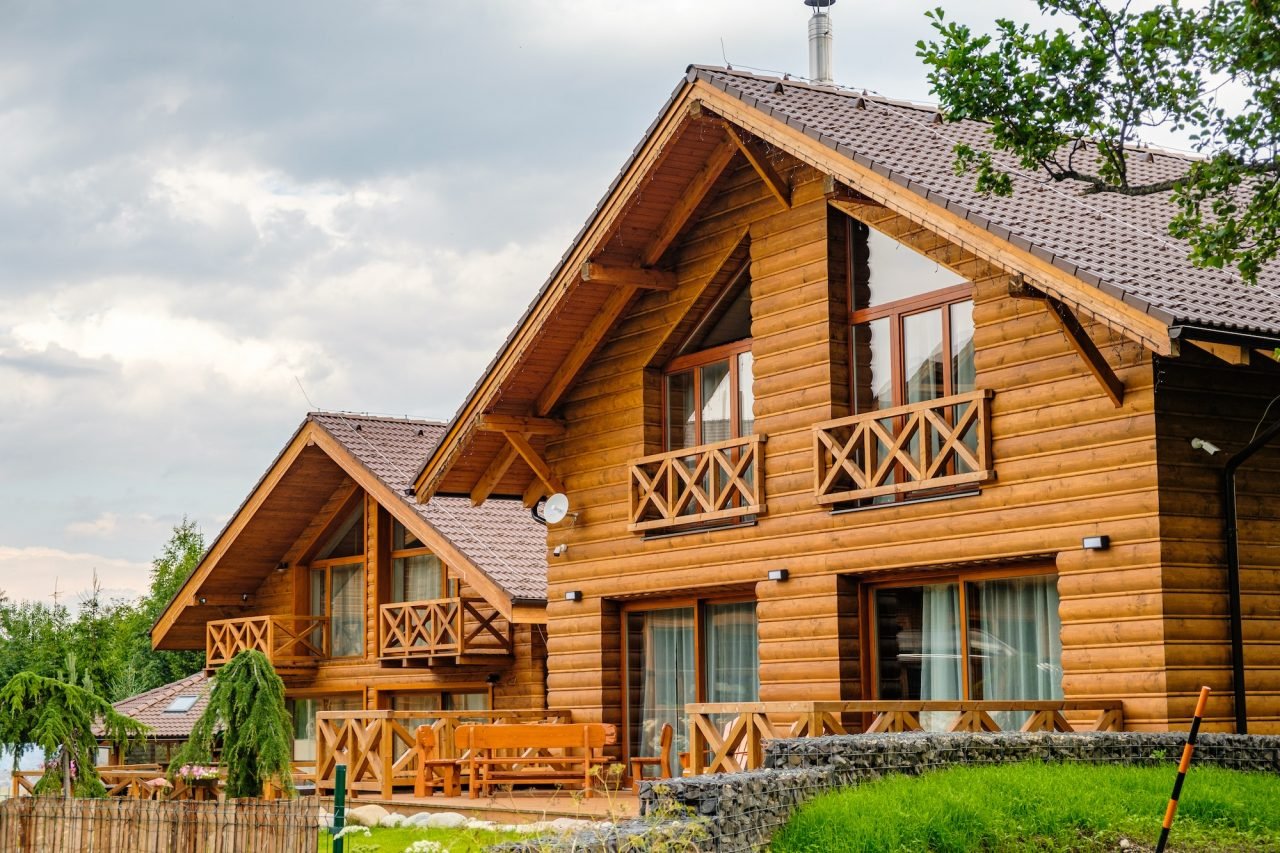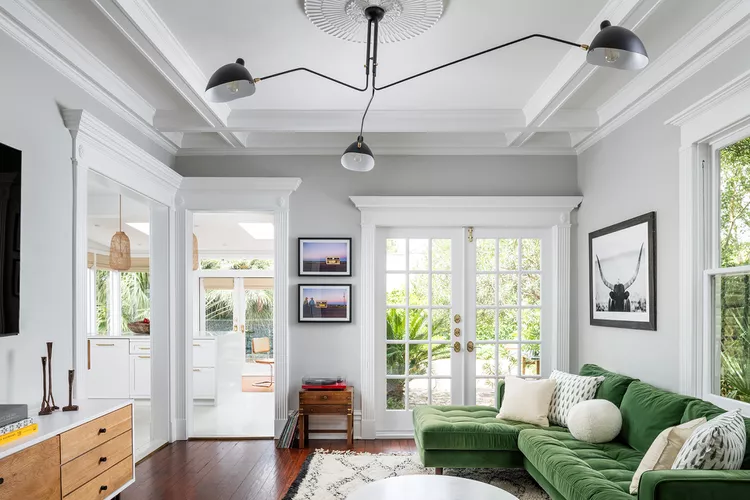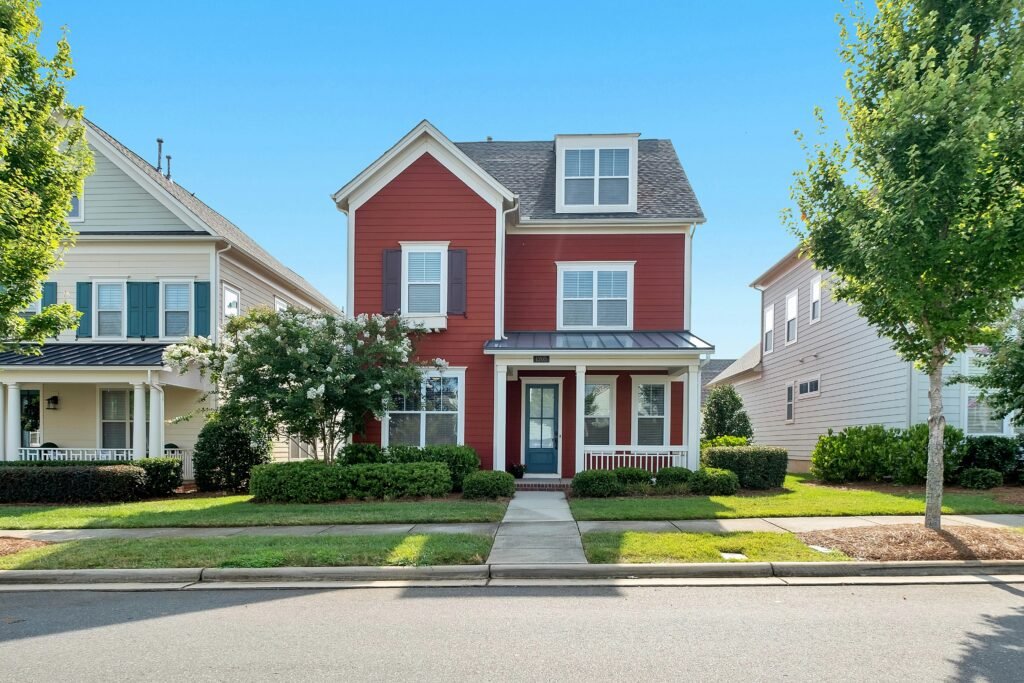As you embark on your search for the perfect place to call home, you’ll likely find yourself weighing the merits of urban versus suburban living. Both offer unique advantages and drawbacks, and the choice ultimately comes down to your personal preferences, lifestyle, and priorities. In this comprehensive blog post, we’ll explore the pros and cons of each living environment, empowering you to make an informed decision that aligns with your needs and aspirations.
The Allure of Urban Living
Urban areas are renowned for their vibrant energy, diverse cultural offerings, and unparalleled convenience. If you’re drawn to the hustle and bustle of city life, there are several compelling reasons to consider an urban setting.
Pros of Urban Living:
- Accessibility to a wide range of amenities, from restaurants and entertainment to healthcare and public transportation.
- Opportunities for professional growth and career advancement, with a concentration of job opportunities.
- Exposure to a diverse community and the chance to immerse yourself in a melting pot of cultures.
- Walkable neighborhoods and the ability to forgo a car, reducing your carbon footprint and transportation costs.
- Abundant cultural attractions, such as museums, theaters, and live music venues.
Cons of Urban Living:
- Higher cost of living, particularly in terms of housing and real estate prices.
- Increased noise levels and potential for crowding, especially in densely populated areas.
- Limited personal space and smaller living quarters compared to suburban homes.
- Potential for higher crime rates in certain urban neighborhoods.
- Difficulty finding parking and navigating traffic congestion.
The Appeal of Suburban Living
In contrast, suburban areas offer a more tranquil and spacious lifestyle, often with easy access to the amenities of nearby urban centers. If you crave a more serene environment and the comforts of a larger living space, the suburbs may be the ideal choice.
Pros of Suburban Living:
- More affordable housing options, with the ability to purchase a larger home or property.
- Quieter neighborhoods and a slower pace of life, providing a respite from the hustle and bustle.
- Ample green spaces, parks, and recreational opportunities for families and outdoor enthusiasts.
- Typically lower crime rates and a perceived sense of safety and community.
- Access to high-performing school districts, a major draw for families with children.
Cons of Suburban Living:
- Increased reliance on personal vehicles and longer commute times to urban centers.
- Limited access to a diverse array of cultural attractions and entertainment options.
- Potential for a more homogeneous community and less exposure to diverse populations.
- Fewer dining and shopping options within the immediate vicinity.
- Potential for a lack of public transportation, requiring car ownership.
Balancing Your Priorities
When weighing the pros and cons of urban versus suburban living, it’s essential to carefully consider your personal priorities and lifestyle preferences. Are you drawn to the energy and convenience of city life, or do you crave the tranquility and space of the suburbs? Do you have a family, and if so, are the educational opportunities and family-friendly amenities of the suburbs more appealing?
It’s also important to factor in your career and professional goals. If your job is located in an urban center, the commute from the suburbs may be a significant drawback. Conversely, if you have the flexibility to work remotely, the suburbs may offer a more desirable living environment.
Ultimately, the choice between urban and suburban living is a highly personal one, and there is no one-size-fits-all solution. By carefully evaluating your needs, preferences, and long-term goals, you can make an informed decision that sets you up for a fulfilling and rewarding living experience.
Remember, you can always revisit your decision down the line. Many people find that their priorities and lifestyle needs evolve over time, leading them to explore different living environments. The key is to remain open-minded, do your research, and trust your instincts to find the perfect fit for your unique situation.






